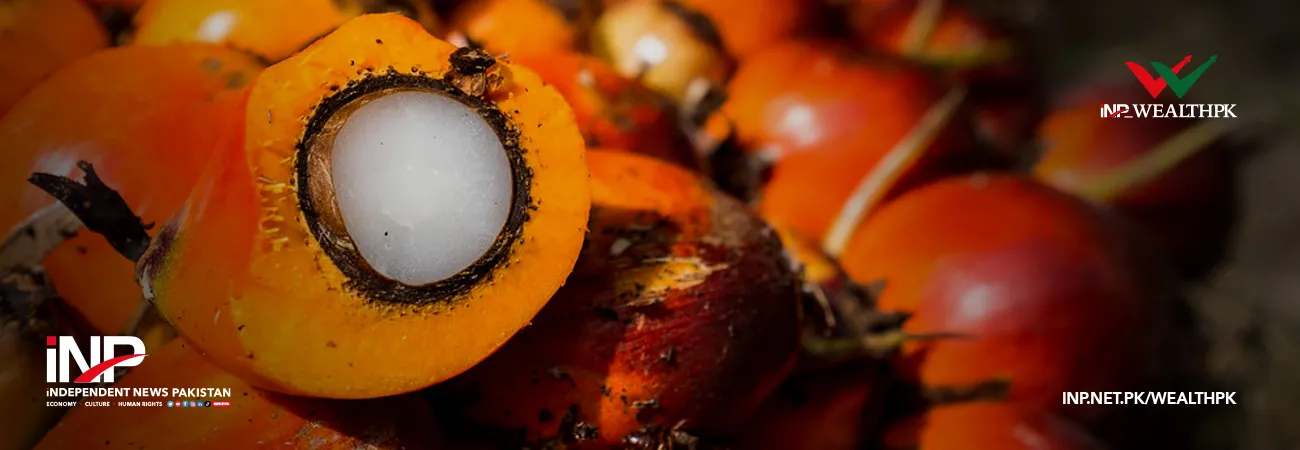INP-WealthPk
Muhammad Saleem
The pressing water scarcity in Punjab can be tackled by adopting new cropping patterns. Scientists have to work on developing drought-resistant seeds with the ability to consume less water while producing higher yields. Talking to WealthPK, Dr Mehmood of the University of Agriculture, Faisalabad, said, “We have to work on an urgent basis to get rid of the water scarcity. Climate change is fast impacting the cultivation patterns. A new cropping pattern that can help resist water shortage is the need of the hour. We have to fight on multiple fronts, as we need low delta and high-yield crops.” He warned that climate change will worsen the water scarcity in future. There is a need for new seeds that require less water while producing higher-yields. Currently, the agriculture sector of Pakistan is suffering because of ill-conceived policies and climate change. It is a prime responsibility for the policy makers to chalk out a plan and set targets for transitioning to new cropping patterns. Muhammad Khan, a farmer who grows wheat and sugarcane using ingrained traditional methods, is not aware of drought-resistant seeds.
He only understands that water shortage is creating a plethora of problems for farmers. Talking to WealthPK, he said because of water scarcity, many farmers had to rely on tubewells to irrigate their lands. Tubewells cost the farmers heavily as compared to the canal water but the growers have to adopt this expensive option in the absence of canal water, he said. He said the farmers were facing multiple issues like the unavailability of quality seeds and high cost of inputs but water shortage was impacting their hard work a lot. These issues must be addressed so that the growers could focus on cultivating their crops, he added. Dr. Mehmood said they had to establish dedicated research wings in different departments like agriculture and irrigation to find a way forward. These wings must explore solutions to battle water scarcity. Without devising a future-oriented policy, the farmers may lose interest in agriculture that will lead to food shortages, he said. “Multiple water conservation methods like conservation tillage, sprinkle system, drip irrigation, and dry farming are being adopted across the globe.
We have to study adequate methods following the climate change and then train our farmers to adopt such methods by saying goodbye to the traditional practices. “We are still relying on rice and sugarcane, which are water-intensive crops. These crops are being cultivated through ingrained traditional methods; we need modern ways to go with these crops to avoid water scarcity.” Ahmed Malik, a progressive farmer, told WealthPK that he was actively seeking ways to shift from growing rice and sugarcane to more drought-resistant crops. “I want to transition from water-intensive crops to drought-resistant choices. An agriculture scientist recommended pulses, millet and chickpeas as alternatives. Crop selection is a cumbersome task, but I am confident that I will certainly find ways to switch from traditional crops,” he added. “I am also researching the irrigation methods to avoid water shortage. I need methods to reduce water consumption without sacrificing yields. I am also trying to decrease my reliance on pesticides,” he added.
Credit: INP-WealthPk













